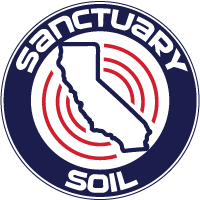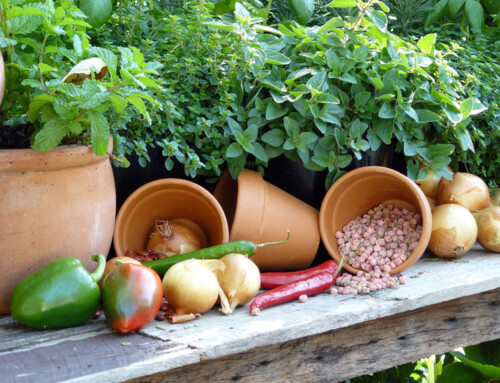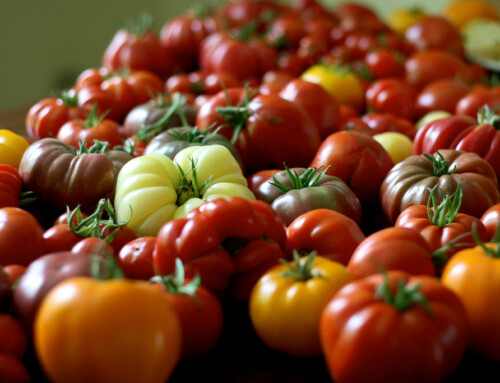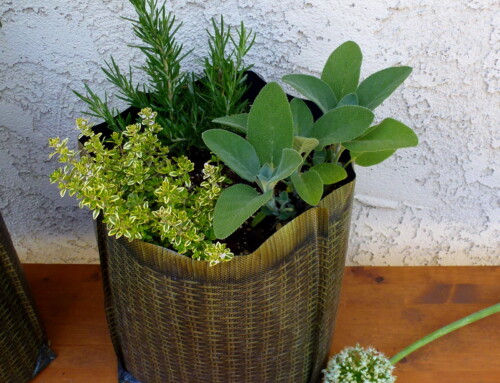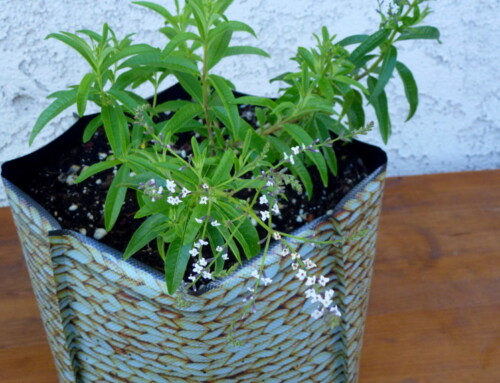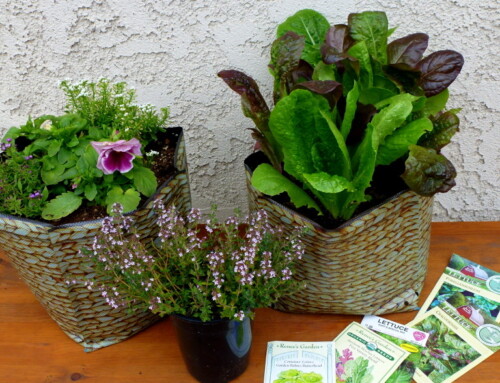How good is your garden soil?

Organic Soil Blends
When you begin to plan your garden, the first thing your should take into consideration is your soil. Soil is not just “dirt”. Soil is a composition of minerals, water, air, fungi, bacteria and organic material that has decomposed. All of these must be in the right proportions to grow the flowers and plants that create healthy, beautiful gardens.
We all know that our flowers and plants gather their required nutrients for growth through their roots from the soil. This means each of us, as the gardener, must be the steward of our garden soil. Our neglect and abuse can ruin the soil. Indeed, in many parts of the country our farming and ranching soil has been so depleted as to make growing crops require ever increasing amounts of synthetic chemical amendments.
When you dig into your soil, you will see that it is divided into topsoil and subsoil. The topsoil is where you will find most of the organic material and living organisms. However, plants draw minerals from the subsoil and it is important to our flower and vegetable gardens as well.
Soil differs in different parts of the country based upon the kind of minerals it is derived from and the size of the particles that make up the soil. These can range from gravel to clay.
When the organic component of a soil is substantial, the soil is called organic soil rather than mineral soil (what we commonly refer to as dirt) . The limits are as follows:
- Mineral fraction is 0% clay and organic matter is 20% or more.
- Mineral fraction is 0% to 50% clay and organic matter is between 20% to 30%.
- Mineral fraction is 50% or more clay and organic matter 30% or more.
Source: Wikipedia
It is important when planning your garden to assess the composition of your soil. This is important to know, as it has to do with the amount of air available within your soil for your plants to access. As well, it concerns how fast water is drained away from your plants.
Perhaps the best thing one can do with any garden soil is to add organic material. Often beginning gardeners make the mistake of adding topsoil to their garden space, however this adds little benefit to the plants themselves. Choosing a gardening mix containing organic matter is perhaps the best solution for just about any type of soil problem. Organic matter can:
- help the soil hold more water
- assist with drainage
- add important nutrients to the soil
- give bacteria and other beneficial organisms “food” to work with to the benefit of our flowers and plants
- change the structure of our soil over time as we keep adding it.
Organic matter found in premium organic gardening mixes include ingredients such as Coco Coir, Sphagnum Peat, Worm Castings, Composted Forest Humus, Coco Chunk, Lava Rock, Pumice, Perlite, Gypsum, Rock Phosphate, Langbeinite, Sea Bird and Bat Guano, Fish Bonemeal, Feather Meal, Bonemeal, Limestone, Greensand, Alfalfa Meal, Kelp Meal, Glacial Rock Dust, Azomite, Lignite, Soybean Meal, Rice Bran, Copper Sulphate, Zinc Sulphate, Manganese Sulfate, Potassium Sulfate, Beneficial Fungi and Beneficial Bacteria

